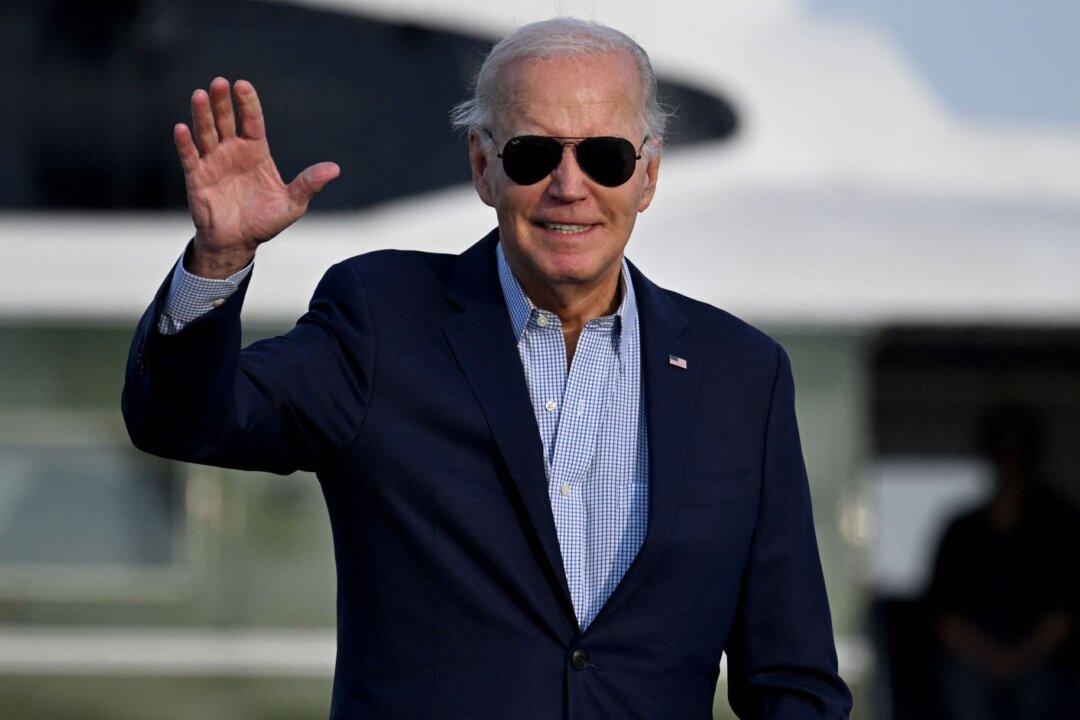NEW DELHI—When President Joe Biden meets with leaders of the world’s most powerful economies over the weekend in India, he is anticipated to highlight the strength of the U.S. economy and draw contrasts with China’s growing economic woes, to position the United States as a more reliable partner.
Following the two-day summit of the Group of 20 (G20) in New Delhi, he will travel to Vietnam to formally announce an improved partnership with that communist country—delivering a strong message to China.





